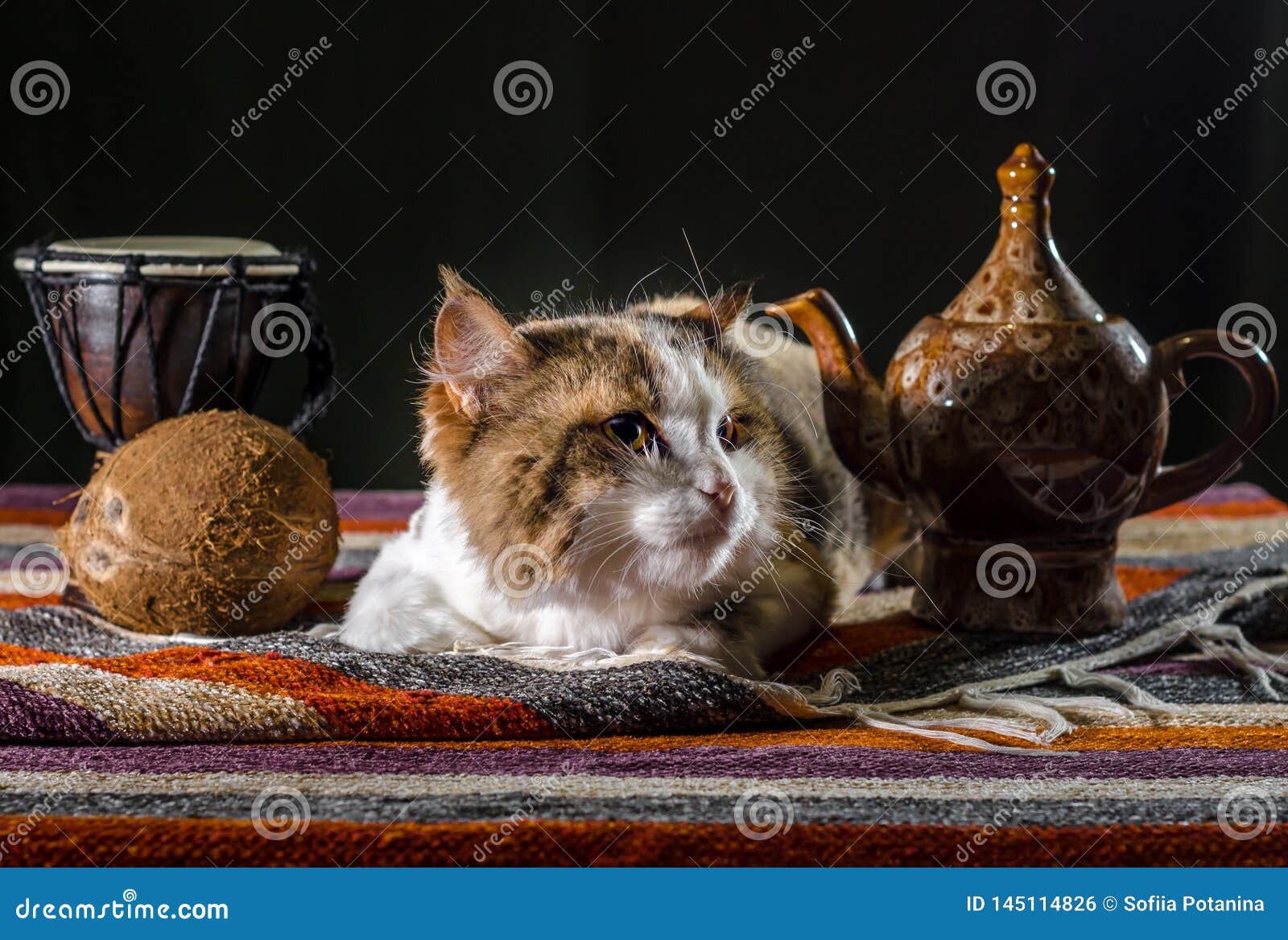

“For a Covetous Man to inveigh against Prodigality, an Atheist against Idolatry, a Tyrant against Rebellion, or a Lyer against Forgery, and a Drunkard against Intemperance, is for the Pot to call the Kettle black.” This examples is from a book called Some Fruits of Solitude by William Penn, 1693: However, near the end of that century, there is an example of the idiom with similar wording to what it has today. “You are like what is said that the frying-pan said to the kettle, ‘Avaunt, black- brows’.”Īs you can see from the quote, the phrase is worded a bit differently. This can happen to both the pot and the kettle, so it’s hypocritical of the pot to call the kettle black over this because they both share this “fault.” So when someone acts in a hypocritical way, they are acting like the pot in this phrase.Īnyway, how old is this idiom? According to The Phrase Finder, this expression is seen in a translation by Thomas Shelton of the novel Don Quixote, 1620: With enough time, the bottom of the pot can turn black. Why? Because the flame the pot is being held over causes soot, a black powdery substance, to accumulate under the pot.

When a cast-iron pot (or kettle) is held over a fire, the bottom eventually darkens. What’s going on with this phrase and what does the word ‘black’ mean in this context? Let me try to explain:

This idiom involves a pot calling the kettle black. The Origin of ‘The Pot Calling The Kettle Black’ People who live in glass houses shouldn’t throw stones


 0 kommentar(er)
0 kommentar(er)
